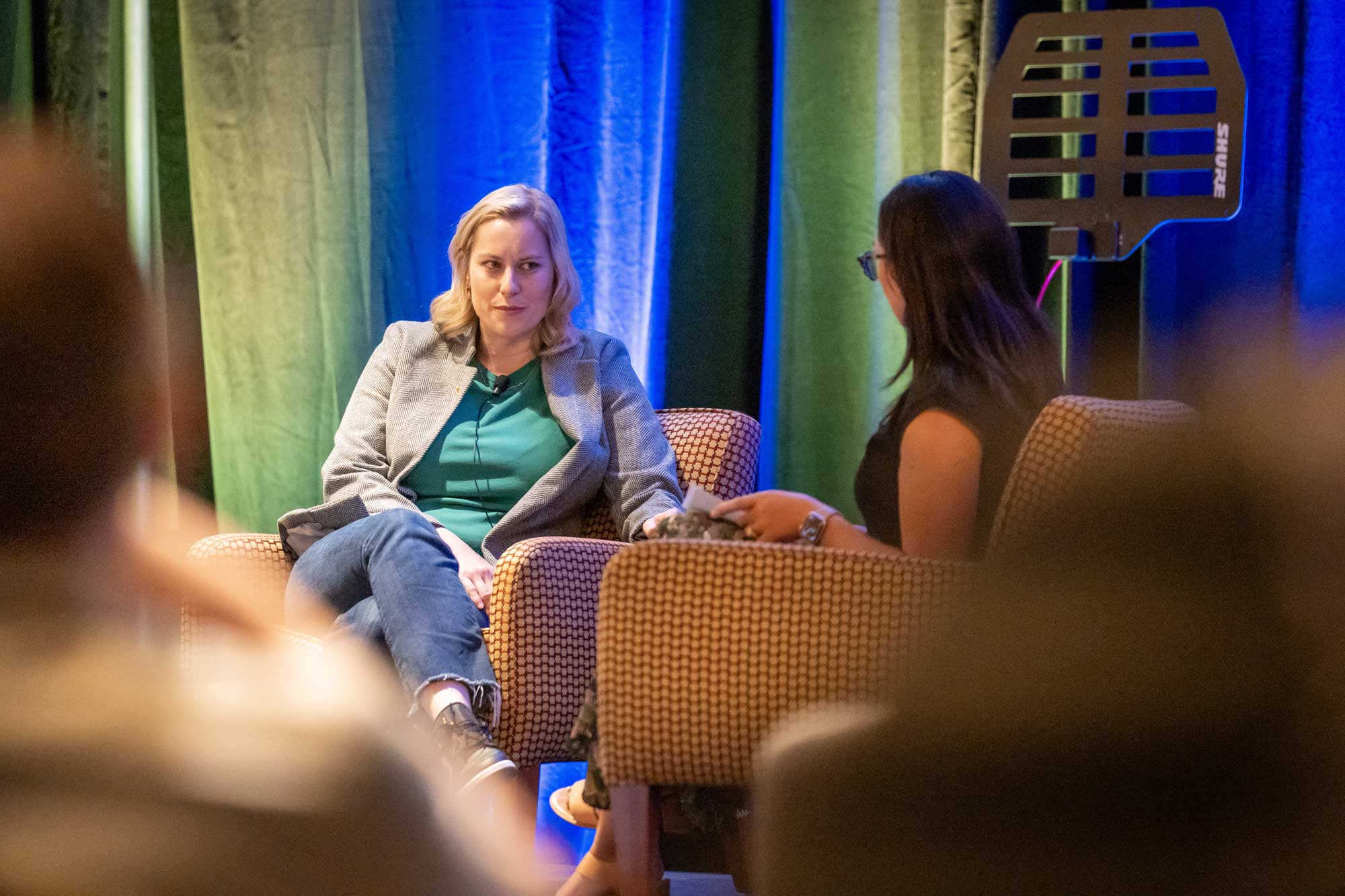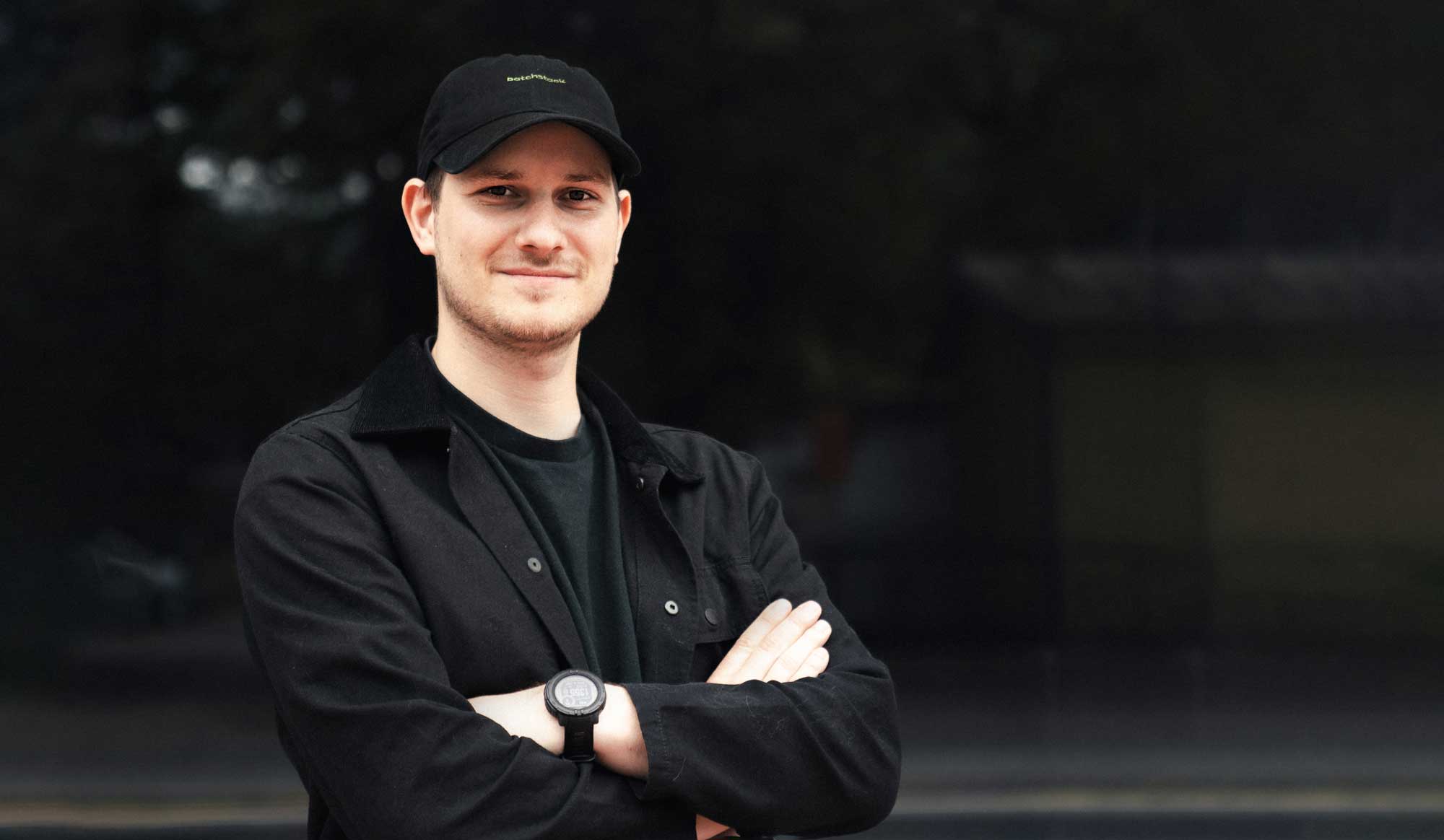A proposed class action over WP Engine’s temporary blocked access to WordPress.org last year is moving forward, with lead plaintiff Ryan Keller expected to file an amended complaint next week that expands his claims and adds a second named plaintiff.
The update comes as part of a Joint Case Management Statement filed May 22 in the U.S. District Court. Keller’s amended complaint, due by May 27, is expected to respond to a pending motion to dismiss and broaden the case against Matt Mullenweg and his company, Automattic, who Keller accuses of interfering with WP Engine’s ability to serve customers.
The lawsuit, first filed in February, alleges Mullenweg used his control over WordPress.org to block WP Engine from accessing plugin updates, security patches, and other infrastructure between September 24 and December 10, 2024. Keller, who runs Ohio-based cybersecurity business SecureSight, is seeking to represent other WP Engine customers in the U.S. who were affected during that period.
He claims the block disrupted service delivery and introduced security and operational risks, amounting to intentional interference with contractual relationships and violations of California’s Unfair Competition Law.
In December 2024, WP Engine won a preliminary injunction in its separate antitrust lawsuit against Automattic and Mullenweg, requiring him to restore the company’s access to WordPress.org and stop his public attacks.
Mullenweg and Automattic have denied the allegations. In a motion to dismiss filed in April, they argue Keller never lost access to his website, continues to use WP Engine, and has no direct relationship with Automattic. They claim the block was a legitimate response to a trademark dispute and say Keller’s complaint fails to show any actual harm.
The two sides remain far apart on how the case should proceed. Keller is pushing for class certification by January 16, 2026, with trial proposed for November that year. The defendants want to delay certification until after fact and expert discovery, proposing a trial no earlier than March 2027 — after WP Engine’s lawsuit is scheduled to go to trial.
Image credit: Sasun Bughdaryan on Unsplash.









Leave a Reply